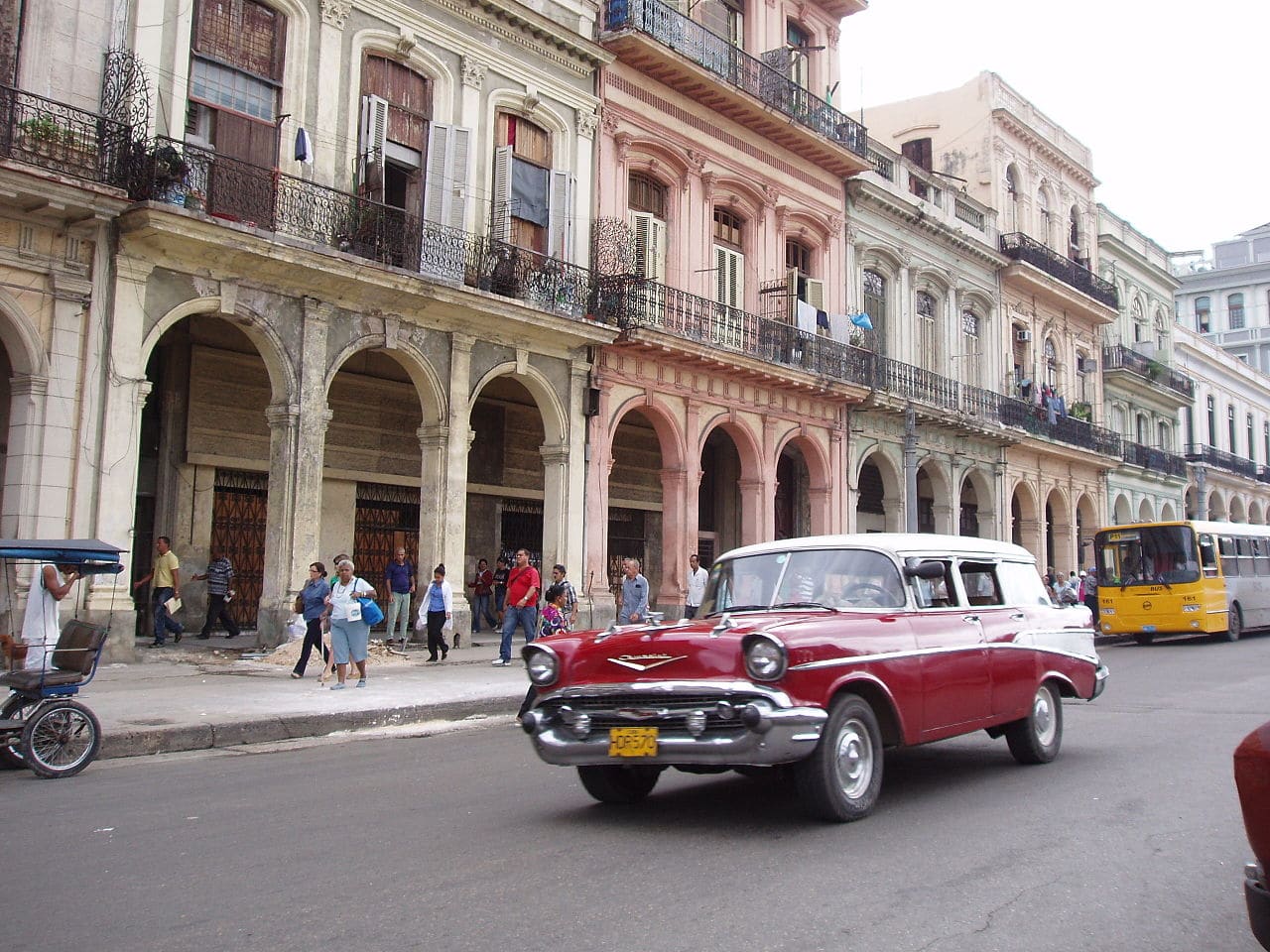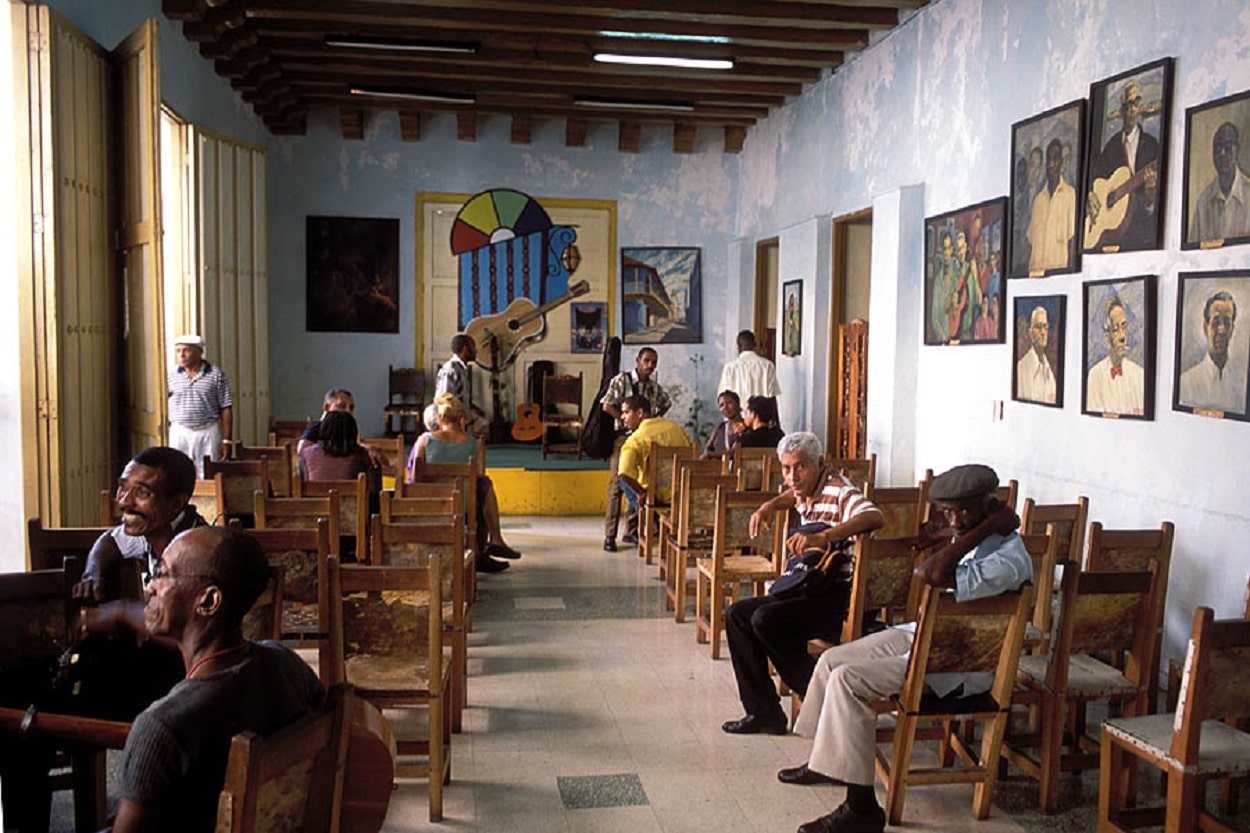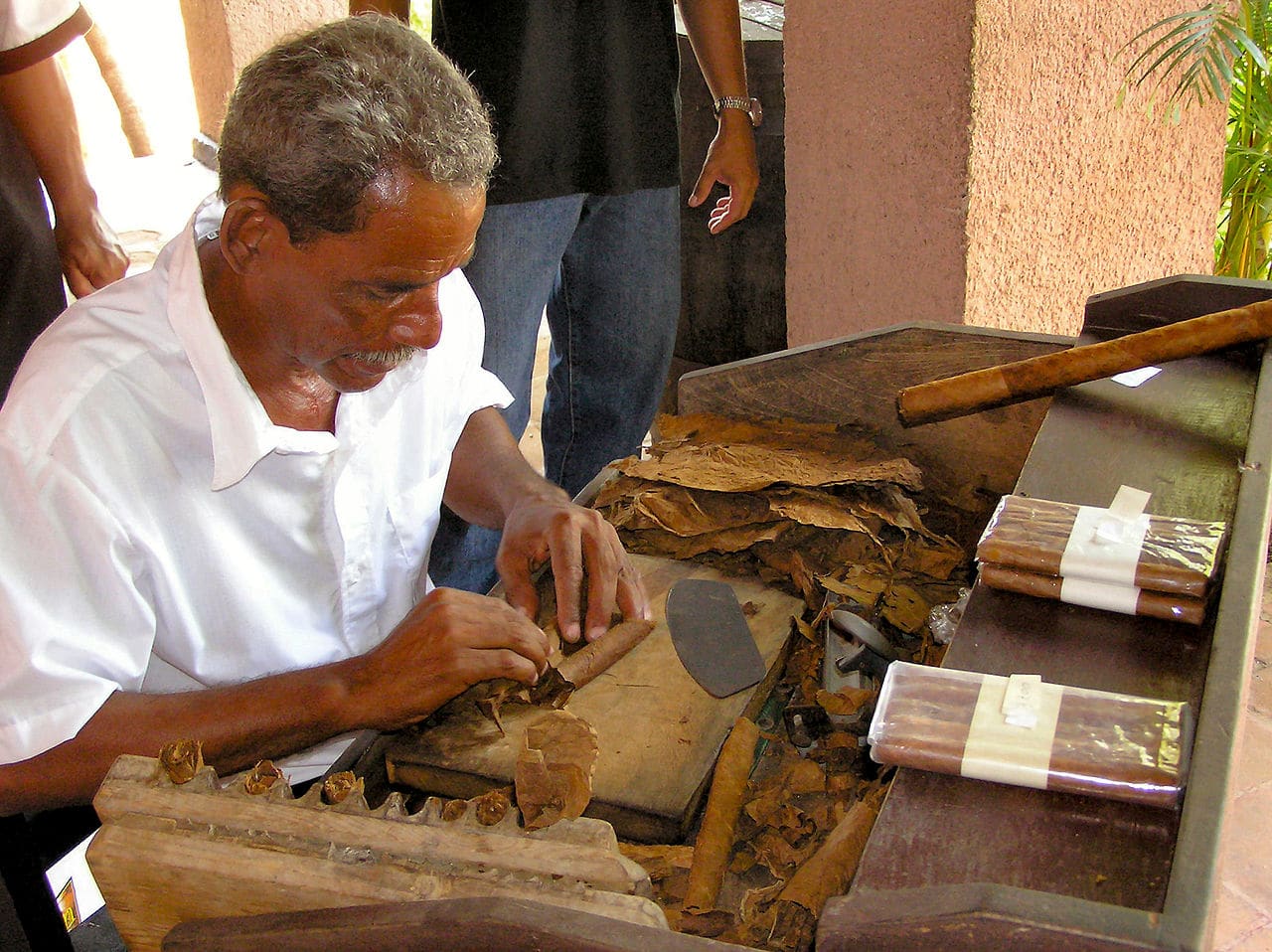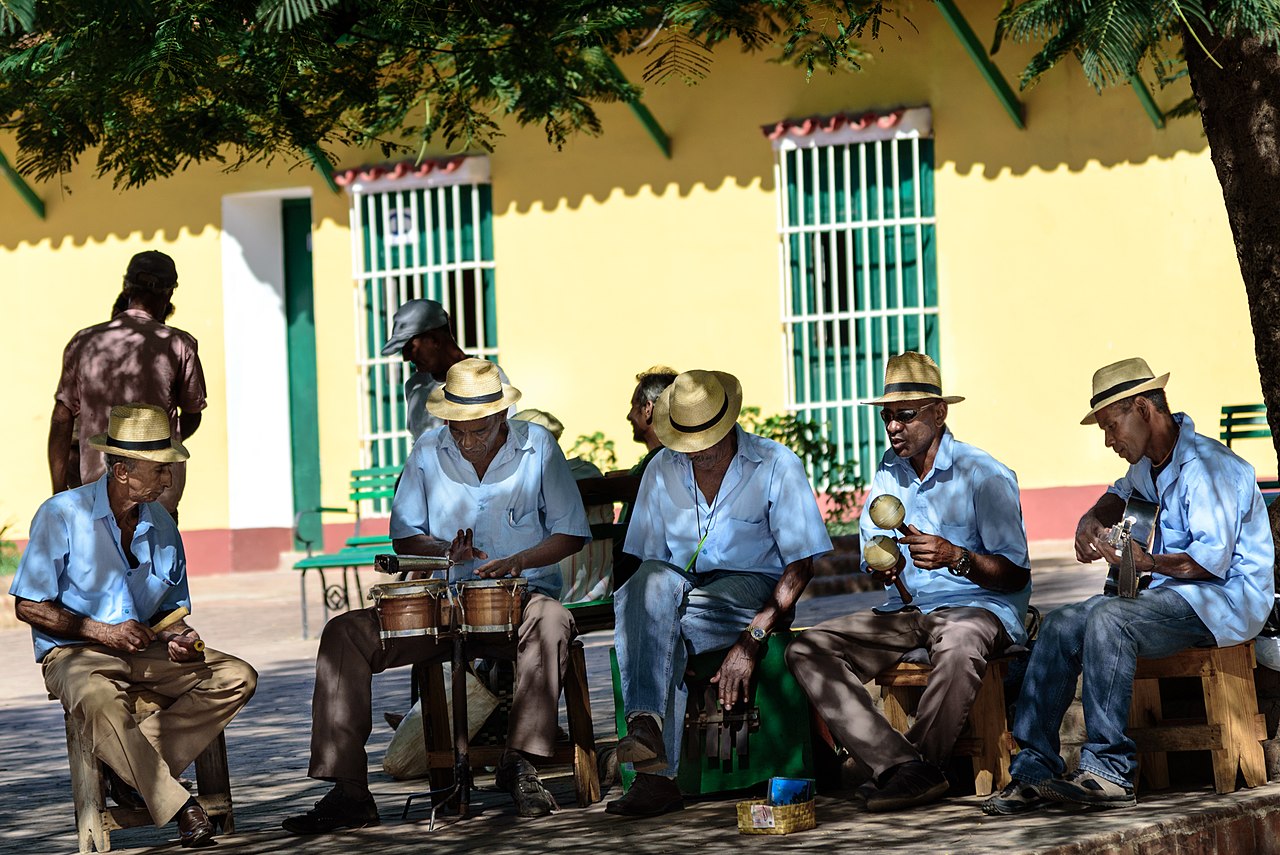
Knowing the basic Cuban vocabulary will help you better understand what they say to you when trips to the Antillean island. Because, although the official language of the country is Spanish, has various influences that have given it numerous speech peculiarities.
In fact, the Spanish spoken in Cuba is the result of that brought by the peninsular colonizers. But it has also been shaped by terms of the taino, the language spoken by the native islanders; by words brought from the africans who came to the area as slaves and, finally, of the subsequent influence U.S. once they became independent from Spain. Therefore, if you want to know better the basic Cuban vocabulary or cubanisms, we invite you to continue reading.
A systematization of the basic Cuban vocabulary
As with all dialects and Cuban could well be considered one of Spanish, the basic native vocabulary has been collected in various dictionaries. The first of them, written by an Andalusian emigrant, was the 'Cuban Alphabetical Index and Vocabulary', published in 1859.
However, the reference book in this regard is 'Today's Cuban Popular Speech', written by the native manners author Argelio Santiesteban, whose first edition dates from 1982 and which has been reissued later.
Most common terms of the basic Cuban vocabulary
Basic Cuban vocabulary includes words that affect all walks of life, from social relations to family through work, sports or even sexuality. We are going to see some of the most curious of those terms.

Casa de la Trova in Santiago de Cuba
The social deal
As you may have heard many times, Cubans are called «Mommy» y "daddy" as soon as they trust each other. On the other hand, a "Asere" is a friend or partner, for which the word is also used "Ambia". And, if you are with one, you may have to "Burn tennis" because it's a bit "Durañón". That is to say, leave quickly because it is a little stingy.
It is also possible that, when you have been with friends, you have smoked a "bullet" or have you taken one "note". In other words, you've either smoked tobacco or had a little too much to drink. Perhaps the latter was due to the fact that you took "Laguer" (beer) in excess.
Also on the street, you can find a "I burn", which means crazy, or with a "Sanaco", that is to say, a fool. But you can also have a worker who is a "Jerk" (lazy) or has made bad decisions and ended up in the "tank", which is jail.
On the other hand, a Singao is a bad person who never "Will throw a rope", that is, it will not help you. Instead, a "Ocambo" he is an old man; a "cricket" a woman with little attractiveness with whom you may not want "tie" (do not want to conquer it); one that has "Aguaje" he's a pimp and a "Cod" a very thin person.
Sexuality in the basic Cuban vocabulary
One of the longer semantic fields in any dialect it is the one referring to sexual content. And the basic Cuban vocabulary was not going to be an exception. For example, "To be on a diet" precisely means sexual abstinence, «Unload the cartridge» is to ejaculate and "Dance with the five Latinos" refers to masturbating.

Making cigars in Santiago
Moreover, "Scratch the paint" means to be unfaithful, the «Bayú» It is a brothel and a «Jinetera» a prostitute. The "bun" or the "papaya" are denominations of the female sexual organ, while the "Pinga", "Yucca" or "yam" they are the male penis. As you can imagine, there are many other words to designate them. For example, "Chocha", "Cod", "Pussy" o "Total" for the first and "rowing", "firewood", "piece", "Bláncamo" o "Morronga" for the second. Interestingly, all the languages of the world have endless pseudonyms for them.
The color of the skin
The very history of Cuba has led to its current inhabitants having a great diversity of races. And even, within these, a variety of appearances that the island's vocabulary has been responsible for distinguish with precision.
So, a "Tight" or "Brown" He is a black man, but a "Mulatón" It is a mixture of black and mulatto. Likewise, a "Jabao" He is a mestizo with light skin, eyes and hair, although, if he is blond, he will be called «Capirro», And a «Narrates» He is an Asian or slant-eyed person.
The money
Another of the most abundant dialect semantic fields in the basic Cuban vocabulary it is that of the words that refer to money. For example, "Guansa" It is the one used in the black market for buying and selling objects; "Juaniquiqui" refers to the Cuban peso; "Moni" derives from money English and "melon" indicates a capital although it is also used "Stilla".
On the other hand, "nun" it is a five peso bill. However, to talk about dollars they say "green" and usually give them a "Yuma", a term that means American.

Cuban musicians
Pronunciation peculiarities
You should also know that Cubans have certain peculiarities in their pronunciation. These will not make it difficult for you to understand them, but they will undoubtedly catch your attention and knowing them will help you to better integrate with them.
Among all these peculiarities, two stand out and both have to do with the r. The first is replacing this when it appears at the end by l. For example, you may have heard that they say "Amol" instead of love. And the second is the call gemination of r. It consists in that this is assimilated to the consonant that follows it. For example, instead of a door, they say "Puetta".
Another general feature is deleting s when it goes after vowel. So, instead of you said, they pronounce "Say it". And, of course, in Cuba it is common the seseo, that is, the pronunciation of s instead of coz before e, i.
In conclusion, the basic Cuban vocabulary, the one that the Antilleans have provided the Spanish language, is one of the richest of all Latin America. If you want to visit the country, it will be very good for you to know at least a part of these terms, otherwise you will think that they speak to you in another language and you could look like a Guanajo (fool) to whom They "make leather" (derision).
It seems important to me that Cubans increase Cubanism on this page, many tourists are left with their mouths open and we do not know what they tell us and what to answer. Babahoyo, December 2, 2015